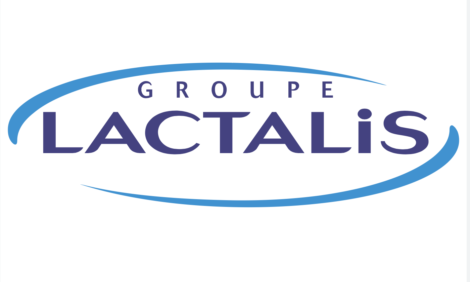



OIE/FAO Global FMD Conference Seeks Global Control
PARAGUAY - The OIE/FAO Global Conference on Foot and Mouth Disease (FMD), held in Asunción, Paraguay (24 to 26 June) agreed on boosting new national and regional policies and actions for the ideal of a global control of the disease.
More than 100 developing countries of the world are not FMD-free which causes ripple effects on food security because of shortage of high value proteins such as milk and meat. FMD deriving impacts are seen on poverty in many developing countries as well as on safety of trade of animals and animal products.
"FMD-free countries must support infected developing countries in the control of FMD because while contributing to poverty alleviation they will protect their territory from virus reintroduction. It is a win-win action," Dr Bernard Vallat, Director General of the OIE said.
Indeed, OIE and FAO rank the importance of this disease as high because of its negative effects on national economies of infected Member Countries and Territories, and by association because of its negative repercussions on development and poverty reduction. Furthermore, infected countries represent a permanent potential threat of re-infection to free countries.
Participants recognised a need for global accessibility to appropriate quality vaccines against FMD, especially for developing countries. They also recommended efforts be stepped up on communication and public awareness campaigns for a full involvement and commitment by high level policy makers and farmers, and advocated for the continuous strengthening of national Veterinary Services in compliance with OIE standards on quality.
"The work of the Conference has been crucial because it has proven the mobilization of the entire international veterinary community along with all the relevant stakeholders and key global donors to fight FMD. For a country like Paraguay where the fight against FMD is a major economic challenge, this is a very important signal," Dr Hugo Corrales, President of SENACSA of Paraguay commented.
Global vision and regional road-maps
The Conference recognised that a global long term programme must be launched with a strong political commitment from governments, international and regional organisations as well as from the international community. The imminent worldwide eradication of rinderpest has been referred to as an example of global control of major animal diseases and in that respect participants stressed that FMD control should be recognised as a global public good.
Participants also discussed the adoption of a progressive control pathway and agreed on Regional Roadmaps which propose a set of long-term actions focusing on appropriate national legislation, surveillance, vaccination and diagnostic methods targeted at different regions of the world that act as different virus pools for the disease. While Mercosur countries of South America, South-East Asia (SEAFMD) and the European Union are already implementing very efficient FMD-control plans, other pools in Africa, Asia and Eastern Europe remain to be addressed and internationally supported.
Programmes will be deployed regionally for a better access to and quality of vaccines against FMD and diagnostic tests both complying with OIE quality standards as well as for surveillance and control strategies of the disease.
"In particular, each of the major regional FMD virus pools contains regionally specific FMD viruses that require tailored strategies and vaccines. This provides a strong argument for developing specific regional or sub-regional programmes," Dr Joseph Domenech, Chief Veterinary officer of the FAO explained.
Furthermore, the Conference identified that where only national strategies were in place, the disease could be easily reintroduced via trans-boundary trade exchanges or movement of people which further justifies a global and regional approach to controlling and eradicating the disease worldwide.
On the basis of OIE's ongoing work in reinforcing Veterinary Services' capacities, using the OIE Tool for the Evaluation of Performance of Veterinary Services (OIE PVS Tool), the experts highlighted the importance of the development of good veterinary governance and compliance of national Veterinary Services with OIE standards on quality as a key condition to reach the objectives of FMD global control.
The Conference also recognised the high priority to be given to efficient public-private partnerships in any FMD control programme.
Over 500 participants, including OIE national delegates, stakeholders, representatives of FAO and other partner international organisations, key global donors, non-governmental and farmers' organisations participated in the event that assessed:
- the updated control methods of the disease
- the status of research on FMD
- the application of disease surveillance methodologies
- the application and development of vaccines and vaccine banks
- the use, constraints and availability of diagnostic methods in susceptible species, and
- the current status of the international standards for safe trade.
The Conference was organised with the generous contribution of the Servicio Nacional de Calidad y Salud Animal (SENACSA) of Paraguay, the Ministério da Agricultura, Pecuária e Abastecimento of Brazil, the European Commission, Spain and many other supports.
Further Reading
| - | Find out more information on foot and mouth disease (FMD) by clicking here. |
TheCattleSite News Desk


